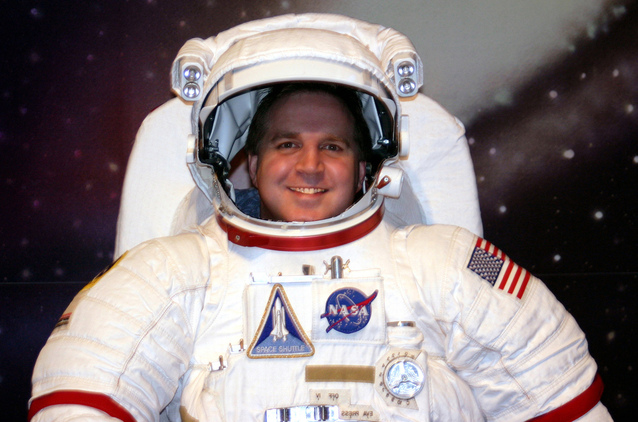What Astronauts Can Teach Us About Hiring
The following article was originally posted on Monday, December 3, 2012, in Workopolis.
Consider this: most of us spend an average of 8 hours a day with our co-workers. In contrast, astronauts spend months living and working in confined quarters 24-hours a day with no escape. It’s no wonder space programs have delved deep into study of team dynamics.

If we took a page from a space crew’s book, we’d find that building a high-functioning team for space exploration takes a lot more than the work experience of its individual members. How we react to each other as team members, how we deal with stress, and how we maintain morale within a group, for example, have all been studied extensively. And they are proven to be critical factors for team success.
But many hiring managers want a new recruit to hit the ground running, so their number one priority is parallel qualifications and experience. A close second must-have tends to be a candidate’s cultural fit with the company. Further down on the “nice-to-have” list we’ll usually find team dynamics, which arguably should be a top priority, (as the space exploration community has discovered).
When members of a team seamlessly work and fit together like puzzle pieces, they will, of course, be most profitable. So how can we build a high-functioning, optimized team?
Here are 5 key strategies to consider:
Pre-interview research: Before interviewing potential employees, take inventory of the team’s personalities and working styles. How does the manager like to work? Consider past employees who were most successful in that position. This will help determine the personality type that will be optimal for this team.
Create an ideal personality profile: What traits should your ideal candidate have, to best fit into your team? These attributes may not be written in the job description, but they are pivotal in building a high-functioning team. Do you need someone who is entrepreneurial, self-directed, who figures things out? Or, do you need someone who is thorough, detailed, and works best in a structured environment?
Dedicate interview questions to personality and behaviour probing: In the interview, ask specific questions about a candidate’s experience with past managers. For example: “Describe the best manager you’ve had, and what you liked most about him or her? Conversely, you could also ask: “If you were to take over that position, what would you do differently?”
Match the insights you’ve collected on the personality and working preferences of a candidate, to the list you’ve developed from your team.
Verify your assessment via reference checks: References can help you double check your findings. If you want to know how a candidate reacts to stress for example, consider asking references situation-specific questions, such as: “Can you walk me through an example of how this person operated in a stressful situation? Can you throw unexpected curve balls at him or her?”
Consider complimentary dynamics versus clashing opposites: If members of a team are direct, straight-forward, and perhaps even cold – can a candidate with soft people skills handle that? If so, that candidate may be a great compliment to such a team. Similarly, if a manager likes to control things, can a free-flowing candidate adapt to become structured, and detailed? In other words, can he or she give this manager precise information, to reduce inefficient back and forth communication?
Studying team dynamics when hiring can help an organization purposefully build the most profitable team. After all, skills for a job can be taught, but personalities cannot be altered in the same way. This may be the greatest lesson we can take away from our astronaut friends in outer space.










